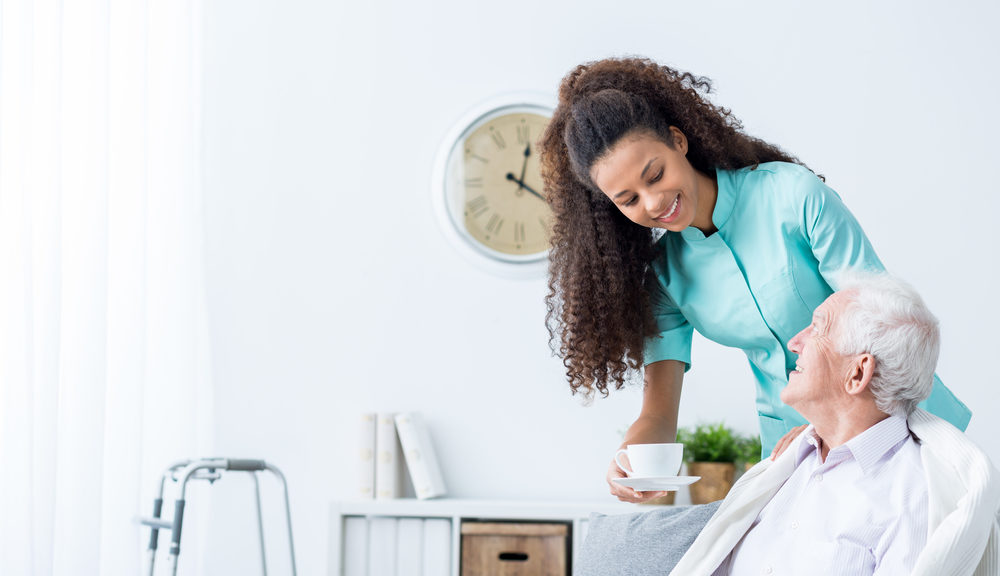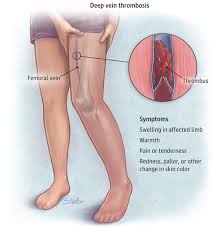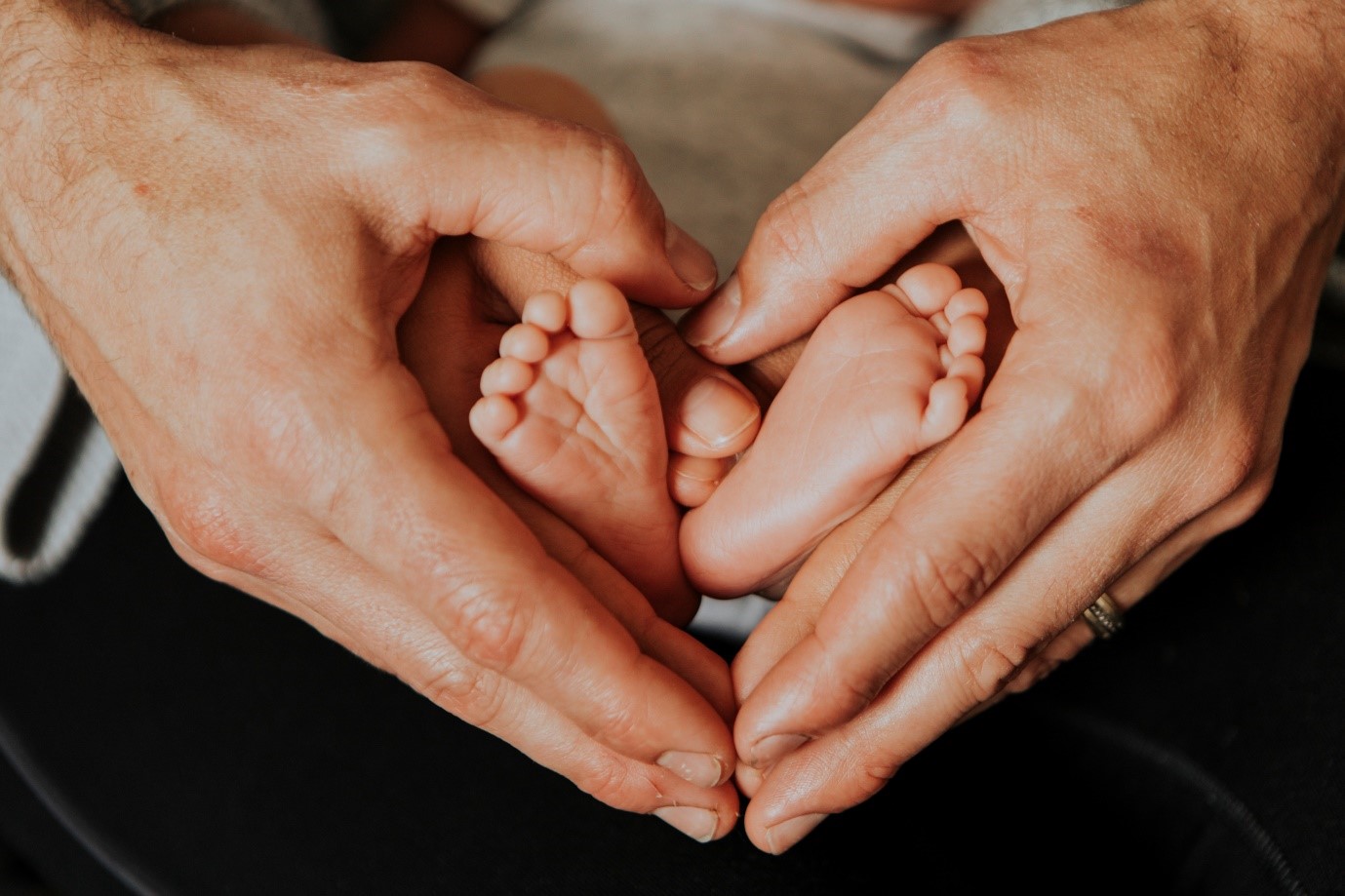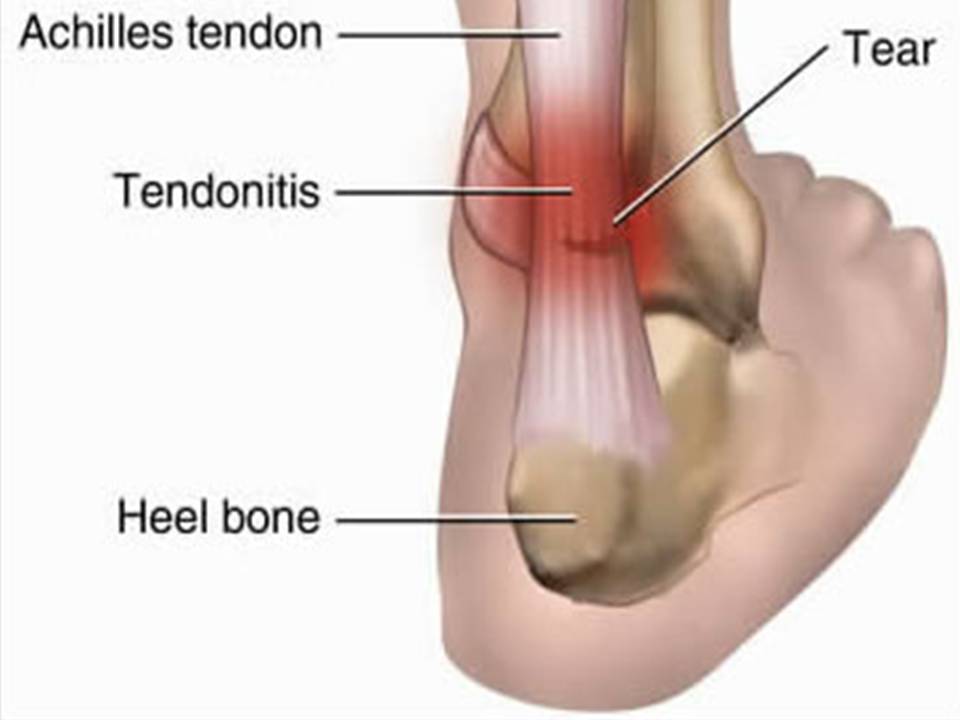If you have a senior in your life struggling with dementia (an overall term describing symptoms of a decline of memory or other thinking skills), you probably already know that your loved one is at risk of falling. Statistics show that elderly people with dementia are at an increased risk of falls and can fall twice as often of those without dementia. Obviously, falls increase the chance of serious injury but also increase the chances that your loved one will be restricted to their bed, hospitalized or even placed in an institution. To help become more aware of things you can do to help, here is a list of 5 ways to help prevent falls in a person suffering with dementia.
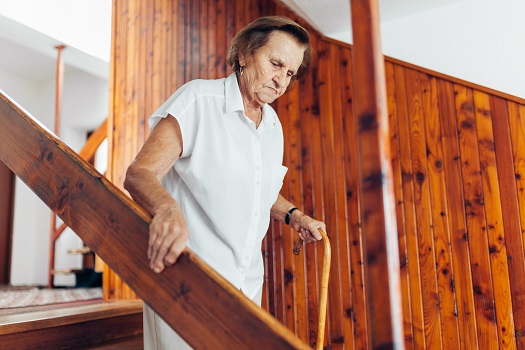
- Keep Walking Paths Clear
Make sure to clear walkways around their home by removing tripping hazards such as loose rugs, electrical cords, clutter or big furniture. You can do the same for outside the home with clearing leaves or making sure there isn’t any dips or cracks they could trip on. Wearing safer shoes with velcro straps and making sure they are a proper fit can help avoid trips as well.
FirstCare expert Jane Byrne knows a little about dementia. She says that “if you notice someone, particularly if they are over the age of 65, forgetting things, or finding it easier to remember things that have long since passed, then it is perhaps time to go to the doctors. If dementia is caught earlier, then this will give you many more options for treatment.”
- Create Good Lighting
Since dementia can affect the person’s’ eyes and they can misinterpret the things around them, creating good lighting can help them with a clearer image of what is in each room so they can navigate accordingly. Good lighting can also help if they tend to have misperceptions or see illusions.
- Have Reminders Available
Keeping important information and reminders in one area using a bulletin board or dry erase board can make it where the person doesn’t have to search all around for their appointments, phone numbers, or daily task lists. It’s also good for them to have, so it can help with a daily routine.
- Keep Necessities Near Bed
Due to restlessness and confusion at bedtime, it is when the majority of falls could happen. Keeping essentials like their glasses, phone, tissues and water nearby will prevent the patient from having to get up and wonder in the dark to help avoid a serious accident.
- Occupational Therapy
This is an extremely great tool to help your loved one with day to day living. Occupational therapists will assist with building their strength, working on coordination and helping them adapt to their environment. They can also help with better communication if needed and to learn how to better effectively complete their daily tasks.
Some other areas you could focus on as well are handicapping the home, making sure bathroom rails are sturdy and in place. You could also give the person a fall alert bracelet or auto fall detect device in case of emergencies. Of course you could hire someone to check in or live with the patient if necessary but that can take away some freedom from the patient ( it can also be expensive) and you want your loved one to be as comfortable as possible. The main focus is keeping the dementia patient safe, so hopefully these tips can help protect and reduce the risk of falling.

Carl Clay is a health blog author who has been writing about nutrition, fitness and healthy living for over 10 years. He also loves to run, hike and bike with her wife.





